BLOG
BLOG
Why Veterans Are Turning to Music for Healing
Every year, Veterans Day reminds us to honor those who served and sacrificed for the nation. Beyond the ceremonies and parades, it’s also a chance to reflect on a deeper question: How can we support veterans in their post-service journeys? For many, traditional therapy only goes so far. Increasingly, veterans are turning to music therapy as a powerful tool for healing and connection. With proven benefits, this approach is helping address invisible wounds and restore quality of life.
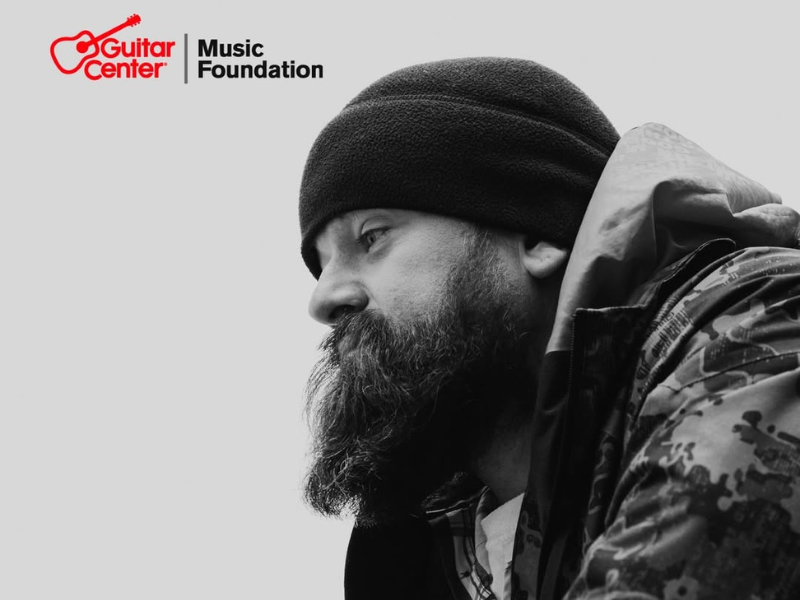
The Guitar Center Music Foundation (GCMF) is working to expand access to music-based programs. By combining evidence-based care with creativity, these initiatives are giving veterans new ways to recover, reconnect, and thrive.

The Unique Challenges Veterans Face After Service
Life after military service often comes with hurdles. Veterans’ mental health challenges are widespread, ranging from post-traumatic stress disorder (PTSD) to depression, anxiety, and problems due to traumatic brain injuries. According to the U.S. Department of Veterans Affairs, about one in three veterans experiences some form of mental health struggle.
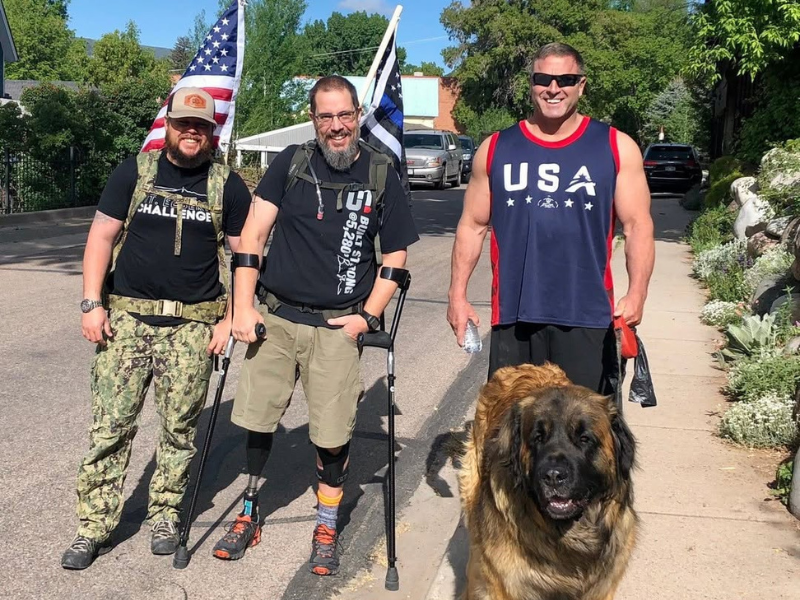
Civilian life also presents challenges around identity and belonging. Veterans lose the daily structure and camaraderie they once relied on, and many feel isolated in their communities. Traditional therapy for veterans, while effective for many, doesn’t always provide a way to fully express or process emotions that are difficult to put into words. Music has emerged as a powerful solution.
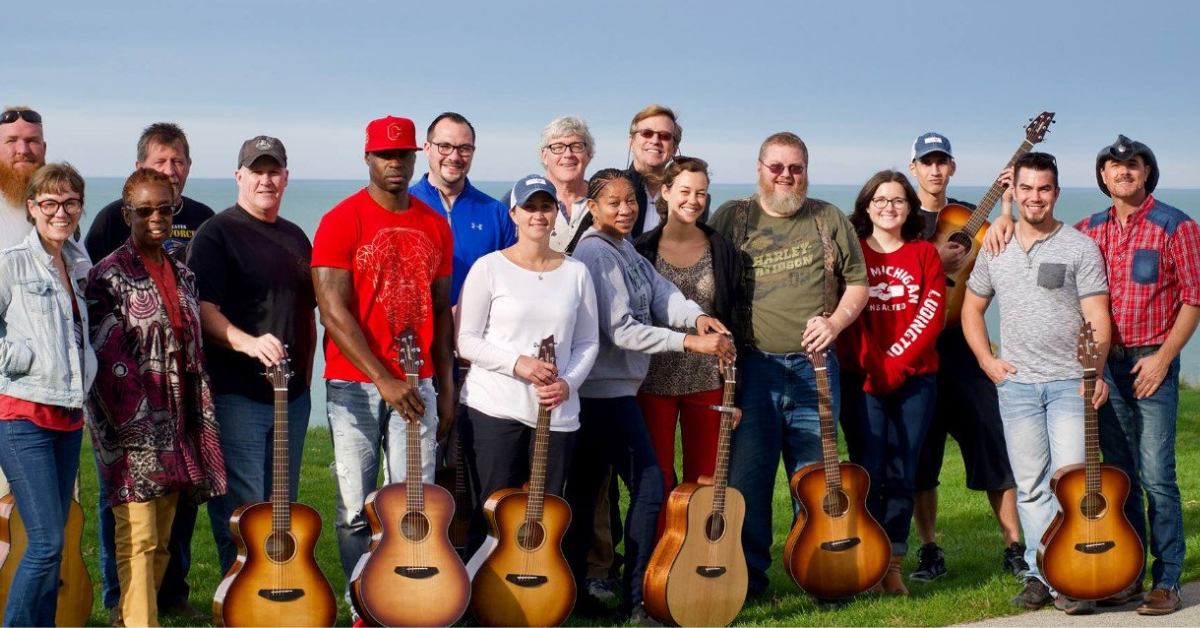
Music as Therapy: What the Research Says
What is music therapy? At its core, it is the clinical use of music interventions by trained professionals to accomplish individualized goals. Sessions might include songwriting, listening, and drumming exercises, as well as learning to play an instrument. Research shows that music therapy can help reduce symptoms of PTSD, providing veterans with an effective way to process their trauma.
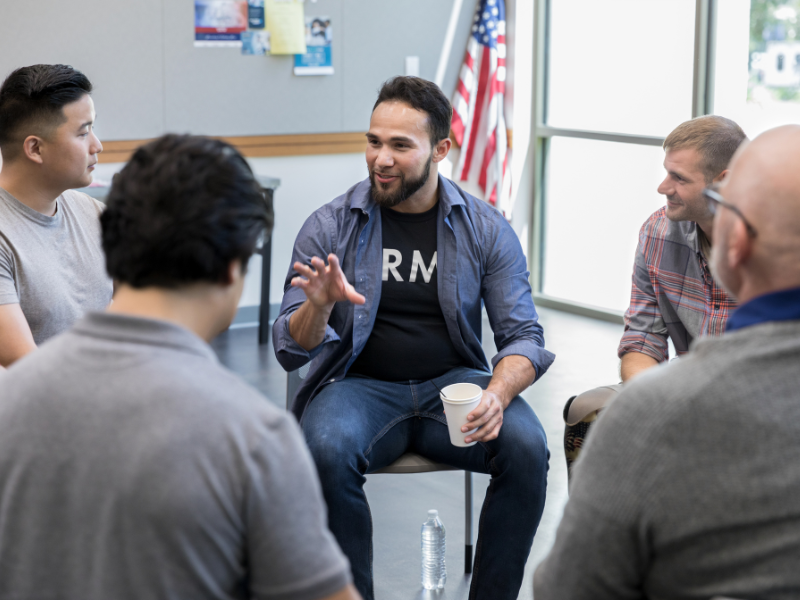

So, how does music therapy work? On a biological level, music lights up several key areas of the brain: the amygdala (emotion), the hippocampus (memory), and the motor cortex (movement). That means listening to or playing music can improve mood, spark memories, and even help with coordination. For veterans, these effects are especially helpful; music can reduce stress hormones and boost “feel-good” chemicals such as dopamine and serotonin.

On an experiential level, music therapy gives veterans a safe way to express emotions that are often beyond words. Trauma can make talking about experiences difficult, but songwriting, improvisation, and group music-making offer new ways to process feelings and reconnect with others and oneself. Its impact can be profound, supporting long-term healing and improved well-being.

Community, Connection, and Identity Through Music
Music therapy benefits extend beyond individual healing. Veterans often miss the tight bonds they had in service, but when they come together through music, they:
- Build trust and friendship with peers through shared creative experiences, echoing the teamwork veterans knew in uniform.
- Reduce feelings of isolation by joining a supportive group where they feel seen and heard.
- Share experiences without judgment, using music as a universal language to communicate what words cannot.

- Reclaim a sense of identity outside of military service, discovering new roles as musicians, storytellers, or mentors.
- Strengthen resilience and coping skills by learning to channel stress and emotion into artistic expression.
- Celebrate small victories together, whether it’s mastering a chord progression or writing a verse.
These group activities mirror the camaraderie veterans once knew, helping them reintegrate into civilian life with renewed purpose and confidence. Supporting these connections aligns with our vision of strengthening community through music.

Expanding Access and Awareness
Despite the growing evidence of the benefits of music therapy, access remains limited. Many veterans are unaware of these opportunities, and funding for programs can be scarce. Expanding awareness and resources is crucial to making therapy for veterans more inclusive.
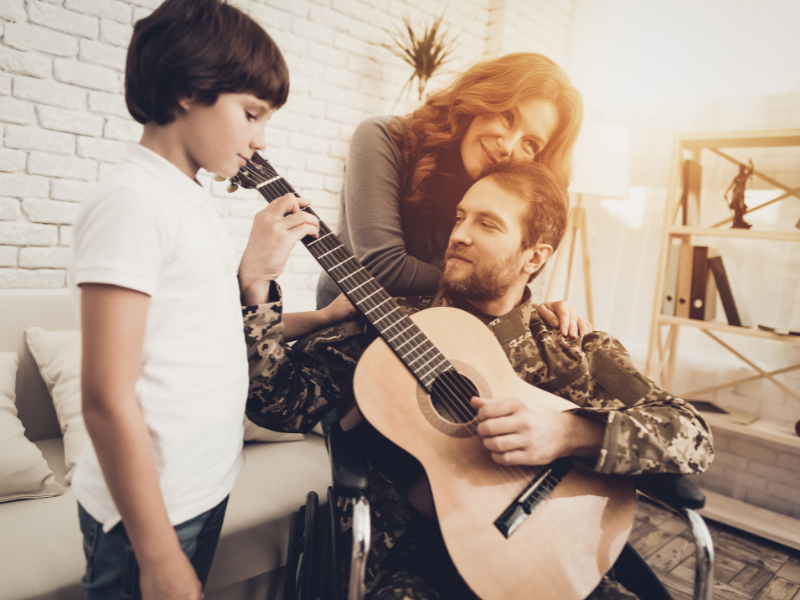
Here are ways to support the movement:
- Advocate for federal and state support of music therapy research. Encourage policymakers to fund studies that highlight the effectiveness of music therapy for veterans, ensuring more programs can be created and sustained.
- Partner with local nonprofits offering music therapy classes. Collaborating with community organizations strengthens outreach efforts and makes therapy more accessible to veterans.
- Provide monetary support. Financial donations help fund retreats, therapy sessions, and community programs that rely on consistent resources to serve veterans.
- Donate instruments. Supplying instruments gives veterans the tools they need to practice, create, and continue their musical journey long after therapy sessions end.
- Share information about available resources. Spreading the word helps more veterans discover music as a powerful tool for healing and connection.
The GCMF has partnered with Challenge America to bring the healing power of music directly to veterans with PTSD. Through this collaboration, over 100 guitars have been provided to participants in monthly music therapy retreats, where veterans work alongside professional songwriters to create and perform original songs. This initiative exemplifies how music can allow for emotional expression, foster connection, and support mental health.
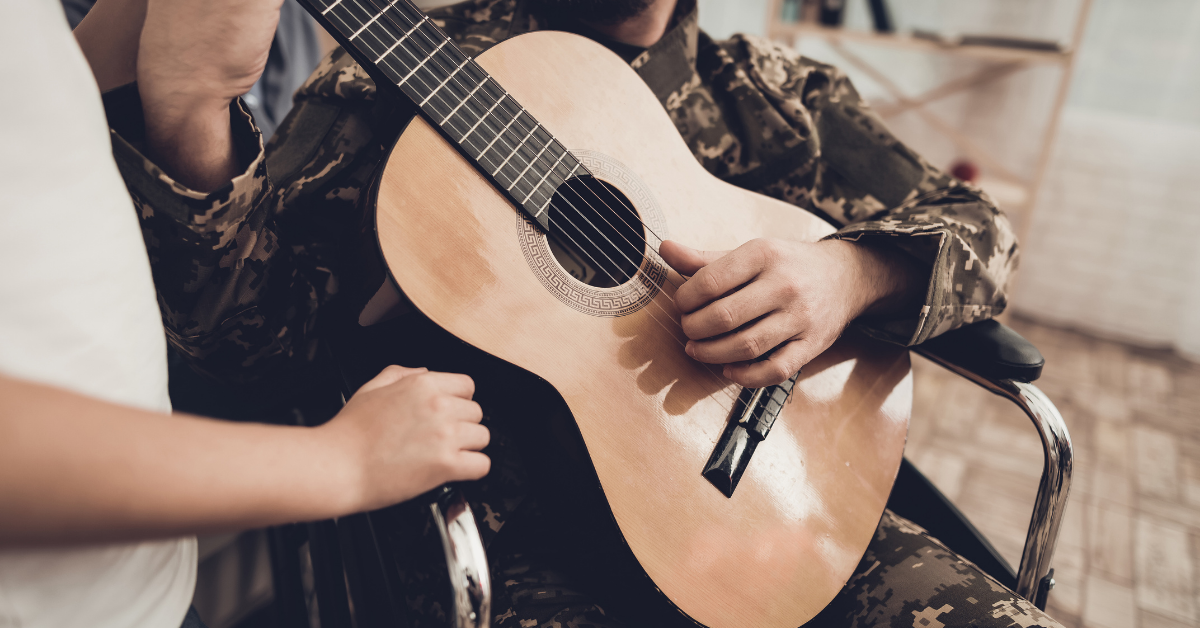
About the Guitar Center Music Foundation
On Veterans Day 2025, let us remember not only the service of veterans but also their ongoing journey toward healing. With more awareness and support, countless veterans can find harmony after hardship.
The GCMF is a 501(c)(3) nonprofit dedicated to ensuring everyone has the power to create and express themselves through music. Since 2005, we’ve supported hundreds of music education and therapy programs, reaching over 300,000 individuals, by providing instruments, grants, and vital resources to underserved schools and community initiatives. At the heart of our mission is a belief that music is essential to a healthy society and helps people unlock their full human potential.
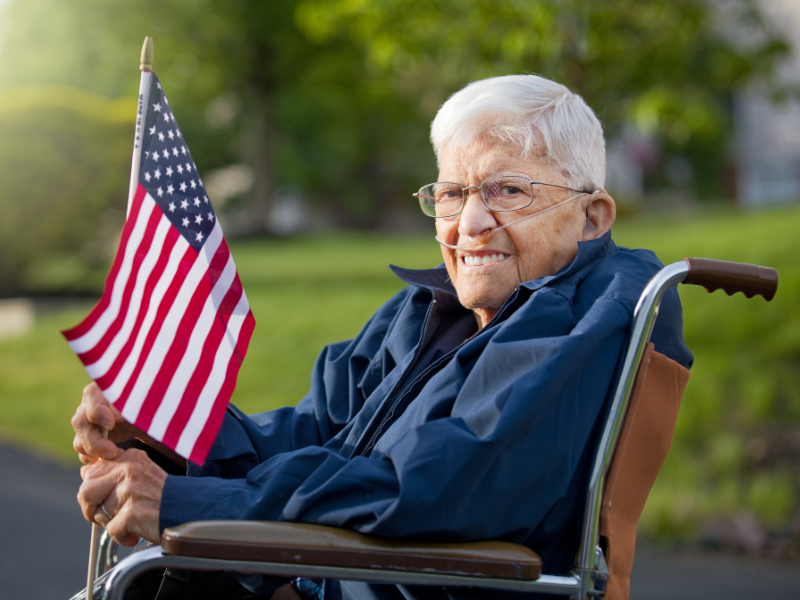
Support the GCMF today by:
- Donating directly to fuel instrument grants and education programs.
- Purchasing branded merchandise from our online store, where every sale helps fund music initiatives.
- Contacting us to donate your used instrument. Instruments in good condition can be refurbished and placed with a deserving student or school.
No matter how you get involved, your support helps ensure music remains cherished, accessible, and life-changing.
